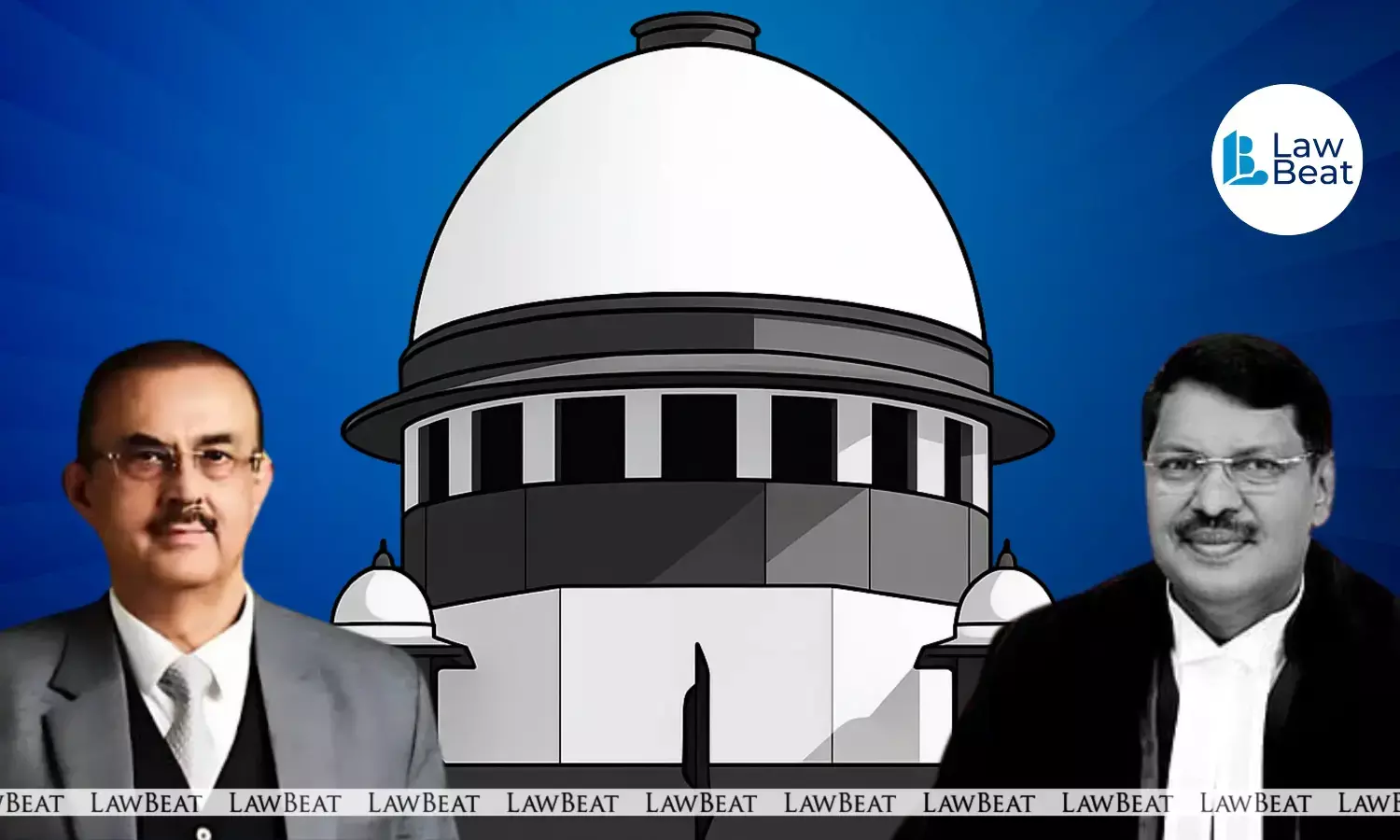SCBA Flags SCAORA Overreach In Letter To CJI, Asserts Sole Authority Over Bar Infrastructure Issues

In a strongly worded letter to Chief Justice of India (CJI) B.R. Gavai, Supreme Court Bar Association (SCBA) President Vikas Singh has raised serious concerns over what he termed as the Supreme Court Advocates-on-Record Association’s (SCAORA) "overstepping of mandate" in matters concerning the general Bar and Supreme Court infrastructure.
The letter underscores the need for a "unified voice within the Bar" and urges the CJI to uphold institutional discipline by delineating the respective roles of SCBA and SCAORA.
“The purpose of this communication is to promote a unified voice within the Bar, ensuring seamless collaboration and respect for institutional integrity, while maintaining harmony between the Bar and Bench,” Singh stated in the letter dated June 4.
While acknowledging the importance of SCAORA, Singh emphasized that its role should remain confined to Advocates-on-Record (AoR) specific issues, such as filing procedures, registry-related matters, and similar concerns. The SCBA, he asserted, is the sole representative body for all Supreme Court practitioners, encompassing Senior Advocates, AoRs, and non-AoR lawyers.
Citing numbers to bolster his claim, Singh pointed out that the SCBA currently has 22,734 members, including 10,013 permanent members, 12,309 temporary members, and 906 Senior Advocates. In contrast, of the 3,786 AoRs registered with the Supreme Court, only around 3,000 are members of SCAORA, highlighting that SCAORA does not even represent all AoRs.
Singh expressed concern over a recent instance of SCAORA allegedly encroaching upon SCBA’s domain, a letter dated June 2, 2025, sent by SCAORA to the Supreme Court Secretary General opposing biometric entry for lawyers. According to Singh, the letter was presented as if it represented the views of the entire Bar without consultation with the SCBA.
“There is absolutely no question of members of the Bar voluntarily offering such extensive personal information to the Registry of the Supreme Court,” Singh wrote, adding that any such data-sharing, especially biometric details, poses serious privacy risks. He also noted that the existing proximity card system functions efficiently and securely.
Referencing the Supreme Court’s ruling in SCBA v. B.D. Kaushik, Singh reiterated that the SCBA is the only recognized court-annexed bar association, representing the interests of all categories of Supreme Court lawyers, including AoRs. In that judgment, the Court upheld the principle that SCAORA is merely a subset of SCBA and cannot claim an independent representational mandate over matters concerning the general Bar.
“Clearly, the Supreme Court Bar Association is the only recognized court-annexed bar association… not the Supreme Court AoR Association/SCAORA,” Singh said, affirming that even SCAORA members vote in SCBA elections under the 'one bar, one vote' rule.
